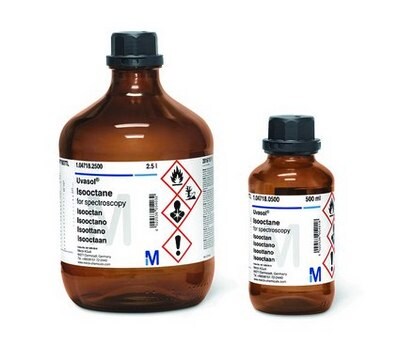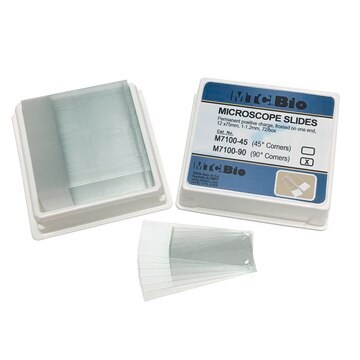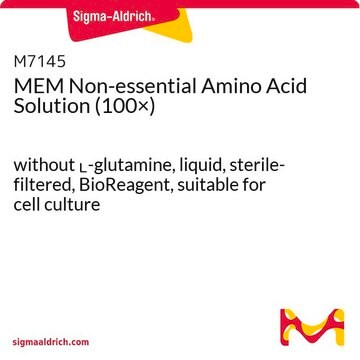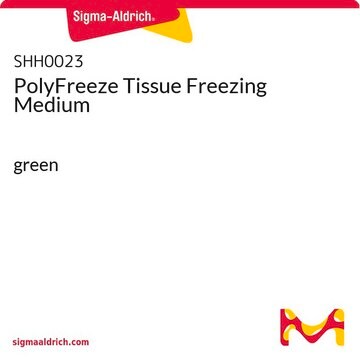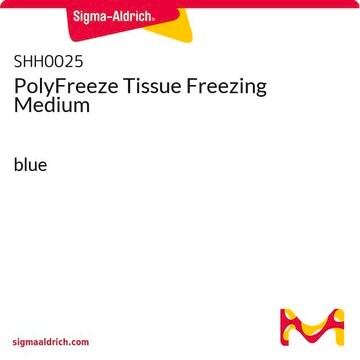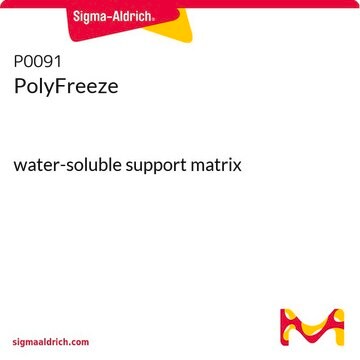PHR1661
Isopentane Solution
Pharmaceutical Secondary Standard; Certified Reference Material
Synonym(s):
2-Methylbutane, Isopentane
About This Item
Recommended Products
grade
certified reference material
pharmaceutical secondary standard
Quality Level
vapor density
2.6 (vs air)
vapor pressure
11.17 psi ( 20 °C)
form
liquid
CofA
current certificate can be downloaded
autoignition temp.
788 °F
expl. lim.
8.3 %
packaging
ampule of 2 mL
technique(s)
HPLC: suitable
gas chromatography (GC): suitable
refractive index
n20/D 1.354 (lit.)
bp
30 °C (lit.)
density
0.62 g/mL at 25 °C (lit.)
application(s)
pharmaceutical (small molecule)
storage temp.
-10 to -25°C
SMILES string
CCC(C)C
InChI
1S/C5H12/c1-4-5(2)3/h5H,4H2,1-3H3
InChI key
QWTDNUCVQCZILF-UHFFFAOYSA-N
Looking for similar products? Visit Product Comparison Guide
General description
Application
Analysis Note
Other Notes
Footnote
signalword
Danger
Hazard Classifications
Acute Tox. 4 Oral - Aquatic Chronic 3 - Asp. Tox. 1 - Eye Dam. 1 - Flam. Liq. 3 - Skin Irrit. 2 - STOT SE 3
target_organs
Central nervous system, Respiratory system
Storage Class
3 - Flammable liquids
wgk_germany
WGK 2
flash_point_f
95.0 °F - closed cup
flash_point_c
35 °C - closed cup
Choose from one of the most recent versions:
Certificates of Analysis (COA)
It looks like we've run into a problem, but you can still download Certificates of Analysis from our Documents section.
If you need assistance, please contact Customer Support.
Already Own This Product?
Find documentation for the products that you have recently purchased in the Document Library.
Customers Also Viewed
Our team of scientists has experience in all areas of research including Life Science, Material Science, Chemical Synthesis, Chromatography, Analytical and many others.
Contact Technical Service
